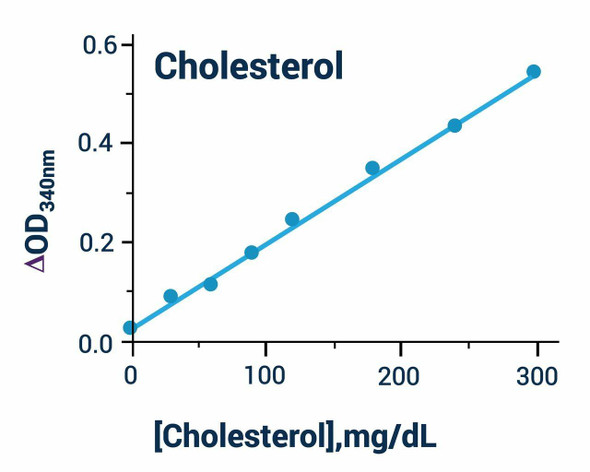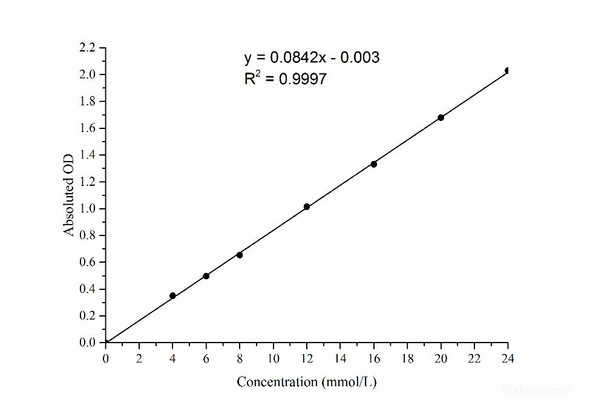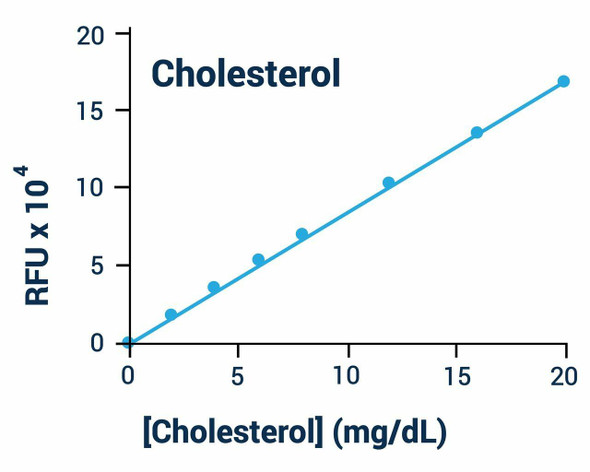Cholesterol is often present in the form of lipoproteins in the blood, and low-density lipoprotein in plasma is the main carrier for transporting endogenous cholesterol, which is degraded and converted by binding to low-density lipoprotein receptors on its cell membrane. LDL-C is the main lipoprotein in fasting plasma, accounting for about 2/3 of plasma lipoproteins, and is the main vehicle for transporting cholesterol to extrahepatic tissues. The defect of LDL-R function will lead to the decrease of the clearance ability of plasma LDL-C, and eventually lead to the formation of atherosclerotic plaque in the artery. Therefore, the content of LDL-C is related to the incidence of cardiovascular disease and the degree of lesions, and is considered to be the main pathogenic factor of atherosclerosis. Its concentration is significantly positively correlated with the incidence of coronary heart disease. It is also an evaluation of individual coronary heart disease. An important indicator of the risk factors that occur.






